Israeli Prime Minister Benjamin Netanyahu recently acknowledged that Israel is entering a phase of economic and political isolation internationally, largely due to its ongoing military actions in Gaza. He warned that this isolation may last for years and insisted that Israel must adapt by becoming more self-sufficient, especially in its weapons manufacturing capabilities. Netanyahu described this shift as moving toward an economy with "autarkic characteristics," a term he said he despises since he has long supported free-market policies. Nonetheless, given potential export bans and economic sanctions, he emphasized Israel's need to be both "Athens and super-Sparta," implying a combination of intellectual and military self-reliance to withstand these challenges.
His comments are a rare admission that Israel faces significant global backlash and diplomatic estrangement due to the nearly two-year war in Gaza. Several Western countries, such as Spain, have cancelled arms deals with Israel over the war, with a U.N. Independent International Commission finding that Israel is committing genocide, and a slew of other countries have officially recognized a Palestinian State.
Netanyahu's remarks mark a rare acknowledgment of the changing international environment around Israel. This mounting isolation not only underscores Israel’s diplomatic challenges but also highlights the growing vulnerabilities within its economy, as sanctions, boycotts, and the loss of arms contracts emerge as direct consequences of its genocide in Gaza.
The Foundations of the Israeli Economy
The Israeli economy is characterized as highly innovative and technology-driven, with a strong emphasis on sectors such as defence, cybersecurity, and high-tech industries. It has traditionally relied on the free market and global trade to sustain growth, while maintaining a significant portion of its budget for military spending. This dual dependence on advanced innovation and external markets has made the economy both resilient and vulnerable—capable of rapid growth but highly exposed to shifts in global political and economic conditions.
This outward strength masks a deep fragility in Israel’s economy and in nearly any economy that is built in the same way. The country’s export-oriented economy is heavily reliant on high-tech product s, defence systems, and pharmaceuticals, while it imports the vast majority of its energy needs, raw materials, and even basic consumer goods. This structural imbalance means that sustained access to external markets is essential for Israel’s economic stability. Any disruption threatens both its growth model and its ability to finance prolonged military operations.
Israel’s economy has repeatedly shown its exposure to global political and economic shifts, usually as a direct result of its conduct toward Palestine and its people, a trend that has accelerated rapidly in the past two decades. For example, in the aftermath of the 1973 Yom Kippur War, the Arab oil embargo triggered soaring energy costs, worsening inflation and deepening Israel’s balance-of-payments crisis at a time when it was heavily dependent on imported oil. Similarly, the First and especially the Second Intifada disrupted tourism decreasing it by nearly 30%, reduced foreign investment, and slowed economic growth, with the early 2000s marked by recession and rising unemployment. More recently, the 2014 Gaza war led to an expansion of boycotts and divestment campaigns, and another sharp decline in tourism.
The Cost of Genocide
Today, as Israel wages a war in Gaza with no end in sight and has been found by a U.N. Independent International Commission to have been committing genocide and continues to commit genocide, the consequences have become unavoidable. In a just world the fallout should be at the very least the isolation of Israel politically and economically, and as Netanyahu noted this is already occurring albeit not due to the influx of Muslims into Europe as he stated but for the far simpler reason that is Israel is committing genocide in Gaza.
The isolation of Israel has been mounting slowly, many of Israel’s neighbours do not recognize it as a legal state and therefore have no political or economic ties with it, this has pushed Israel to seek markets farther away and focused primarily in Europe where Israel exports 32% of its goods. The main concern for Netanyahu is that his primary export market is the that has taken the most significant strides towards isolating Israel, additionally being a highly innovative and technology-driven economy means that a large amount of the goods exported to Europe are dependent on imports from Europe to be produced in the first place. This concern materialised fully last week in the State of the Union address by European Commission president Ursula von der Leyen who called for the suspension of free trade and bilateral support for Israel.
Israel’s arms and weapons manufacturing sectors are particularly sensitive to this, a fact not lost on Netanyahu who had to clarify his original comments to mean specifically the defence industry and not the entire economy after the uproar his comments caused from opposition and business leaders.
Germany, historically one of Israel’s closest defence partners, sharply reduced new arms export approvals since 2024 and banned them altogether in August 2025. Italy and Canada halted exports but fulfilled existing orders. Spain, which has been one of the most consistent critics of Israel since the war began cancelled a significant billion arms deal with Israel. The U.K. has seen parliament members from within the ruling Labour Party have called on the government to deny any contracts to the Israeli Elbit Systems UK.
An import or export ban on Israeli weapons isn’t just a matter of lost profit for the economy; it directly strikes at the core of Israel’s ability to sustain its war effort. Israel’s defence industry is deeply intertwined with global supply chains, relying on imported raw materials, advanced components, and foreign markets to sustain production at scale. When countries suspend arms exports to Israel, they restrict access to critical technologies and inputs that cannot easily be replicated domestically. Likewise, bans on Israeli arms exports shrink one of the country’s most lucrative industries, undermining its ability to reinvest earnings into research and production.
This creates a paradox for Israel. On one hand, Netanyahu has insisted that Israel can adapt by becoming more self-sufficient, embracing what he called “autarkic characteristics.” On the other, the very structure of its economy makes full self-reliance extremely difficult. High-tech defence production depends on globalized supply chains, collaboration with foreign firms, and access to export markets. Without these, Israel would be forced to bear the crushing costs of maintaining a large-scale war machine on its own.
Israel’s arms and weapons manufacturing sectors are not the only ones at risk, Turkey has taken the most sweeping economic action against Israel so far. In April 2024, Ankara restricted the export of 54 product categories, including iron, steel, cement, chemicals, and jet fuel, conditioning their resumption on a ceasefire in Gaza and the entry of humanitarian aid. Only weeks later, on May 2, 2024 Turkey escalated the restrictions into a full suspension of all trade with Israel, halting both imports and exports.
This decision shut down a trade corridor worth at its peak $7 billion annually, with Turkish exports alone making up about 6% of Israel’s total imports. Beyond merchandise, Turkey also barred Israeli military flights from its airspace and prohibited Israeli vessels from docking at Turkish ports. While Israel managed to source alternatives for some construction materials and industrial inputs, the embargo highlights the endless potential they may have on the Israeli economy.
Another key vulnerability for Israel is its position as a net-energy importer, although the majority of its sources for energy particularly petroleum is from countries where it has beneficial and long-standing ties, such as Azerbaijan, which despite being a Muslim majority country is one of Israel’s main suppliers of fossil fuels, which it trades for access to Israeli weapons. Should Israel’s relationships sour with its energy suppliers the ability to find substitutes will be much more difficult and although it does not necessarily need petroleum to generate electricity it does need it for its war machine.
At the same time, several countries have coupled arms suspensions and embargos with targeted sanctions and diplomatic isolation. The UK suspended free trade negotiations with Israel and imposed sanctions on West Bank settler leaders and far-right ministers, threatening additional measures unless progress toward a ceasefire is made. Australia, Canada, New Zealand, and Norway joined in sanctioning high-profile Israeli officials, citing incitement and their role in deepening violence.
Finally, the recognition of the State of Palestine by a number of European countries does not bode well for Netanyahu, although Germany and Italy are the largest holdouts of this trend, recent demonstrations in Italy might push the right-wing government there to be less strict about its preconditions to recognise Palestine, with a similar trend in Germany likely to take hold.
The Future of Israel
Israel’s future increasingly points toward political and economic isolation, a reality that even Netanyahu has been forced to acknowledge. Trade bans, cancelled arms deals, and targeted sanctions are no longer abstract threats. Turkey’s suspension of all trade and key allies enacting arms embargoes and potential sanction illustrates how once-reliable markets are closing. As foreign direct investment slows and supply chains grow more expensive to replace, the broader economy faces mounting strain.
Even with U.S. backing, these pressures cannot be fully offset. Washington can shield Israel diplomatically and provide financing or weapons, but it cannot replace the diversity of international markets or the flow of foreign capital and skilled labour. At home, the combination of economic hardship, prolonged conflict, and rising emigration will fuel social discontent and deepen public dissatisfaction with Netanyahu’s leadership. His political survival depends on security outcomes and the ability of rivals to unite, but the trajectory is clear: isolation is narrowing Israel’s options, straining its economy, and eroding the foundations of its current leadership.
If these trends continue, Israel faces a future defined by heightened vulnerability: an economy burdened by shrinking export markets, rising costs of production, and the loss of foreign investment; a society strained by emigration, rising living costs, and growing disillusionment; and a political system in which Netanyahu’s grip on power weakens as the costs of war outweigh its perceived security benefits.
References
European Commission. “Speech — Strasbourg, 13 March 2025: Ensuring Europe’s Strategic Autonomy.” European Commission—Press Corner, March 13, 2025. Accessed September 24, 2025. https://ec.europa.eu/commission/presscorner/detail/en/SPEECH_25_2053
Times of Israel. “Netanyahu Admits Israel Is Economically Isolated, Will Need to Become Self-Reliant.” Times of Israel. Accessed September 21, 2025. https://www.timesofisrael.com/netanyahu-admits-israel-is-economically-isolated-will-need-to-become-self-reliant/
Bianco, Erica, and Carter Wilson. Israel – Hospitality Struggles and Opportunities. Boulder, CO: HVS Boulder Office, December 2008. PDF. Accessed September 24, 2025. https://www.hvs.com/Content/2781.pdf
“Israel Arms Sales Amid Gaza Conflict.” CNN, September 22, 2025. Accessed September 17, 2025. https://edition.cnn.com/2025/09/22/middleeast/israel-arms-sales-gaza-conflict-intl-cmd
International Energy Agency. “Israel — Energy Mix.” IEA. Accessed September 19, 2025. https://www.iea.org/countries/israel/energy-mix
Organisation for Economic Co-operation and Development. OECD Economic Surveys: Israel 2025. Paris: OECD, April 2025. PDF. Accessed September 18, 2025. https://www.oecd.org/content/dam/oecd/en/publications/reports/2025/04/oecd-economic-surveys-israel-2025_18e45b04/d6dd02bc-en.pdf
Scheer, Steven. “Israel’s Open Economy Offset Turkish Trade Ban, Central Bank Says.” Reuters, March 19, 2025. Accessed September 18, 2025. https://www.reuters.com/world/middle-east/israels-open-economy-offset-turkish-trade-ban-central-bank-says-2025-03-19/
Office of the United Nations High Commissioner for Human Rights. “Israel Has Committed Genocide in the Gaza Strip, UN Commission Finds.” Press release. OHCHR, September 2025. Accessed September 20, 2025. https://www.ohchr.org/en/press-releases/2025/09/israel-has-committed-genocide-gaza-strip-un-commission-finds




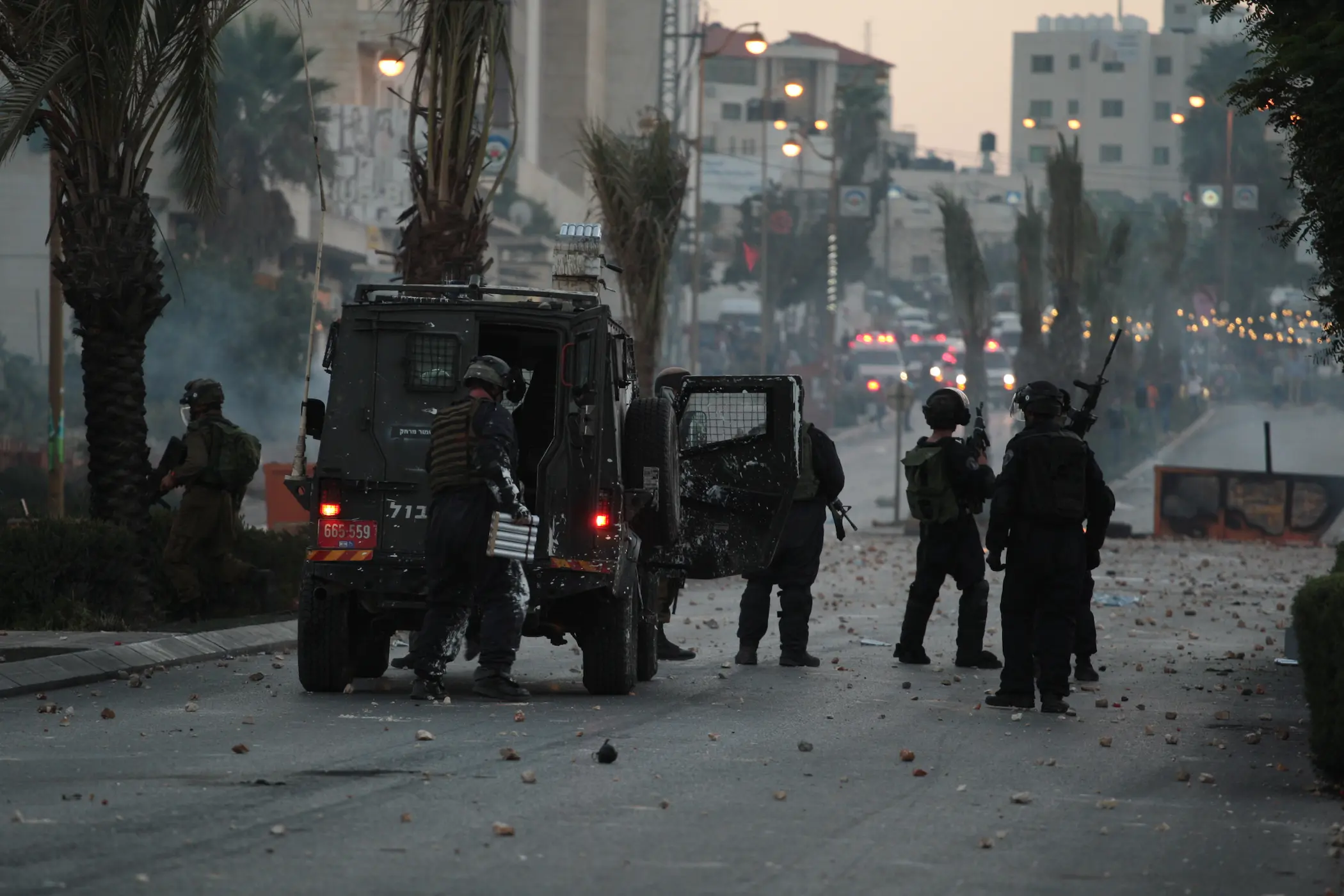







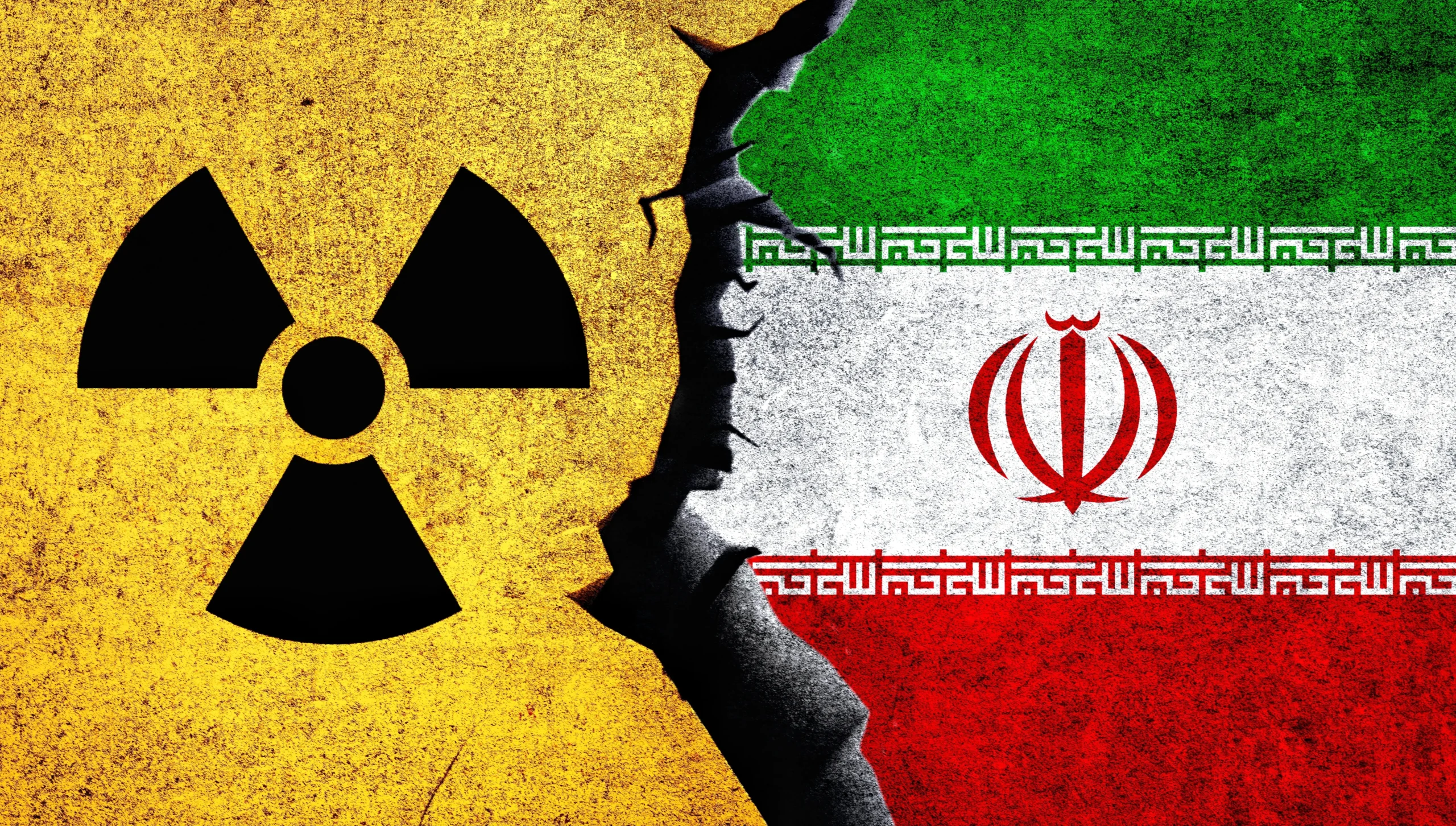



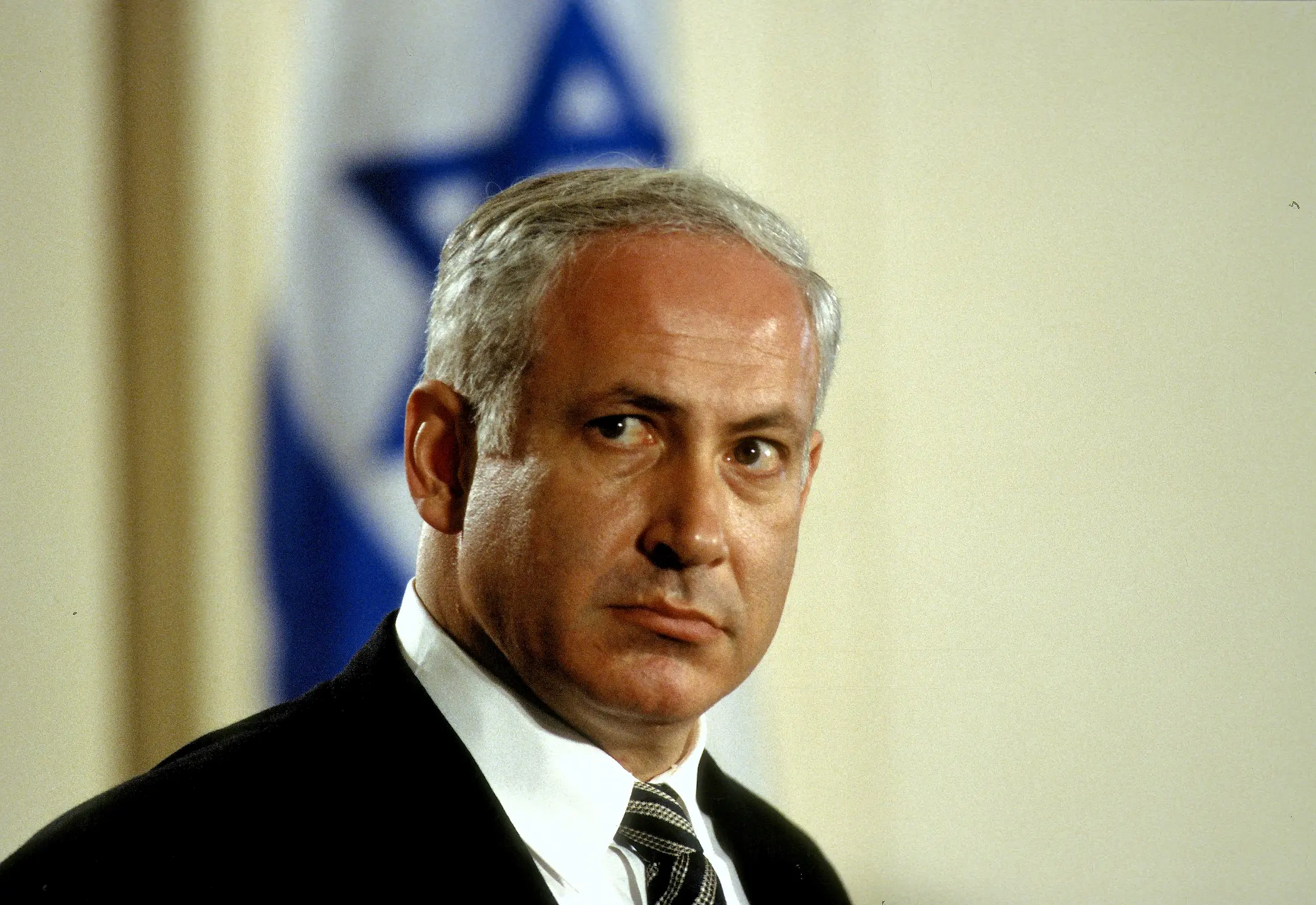

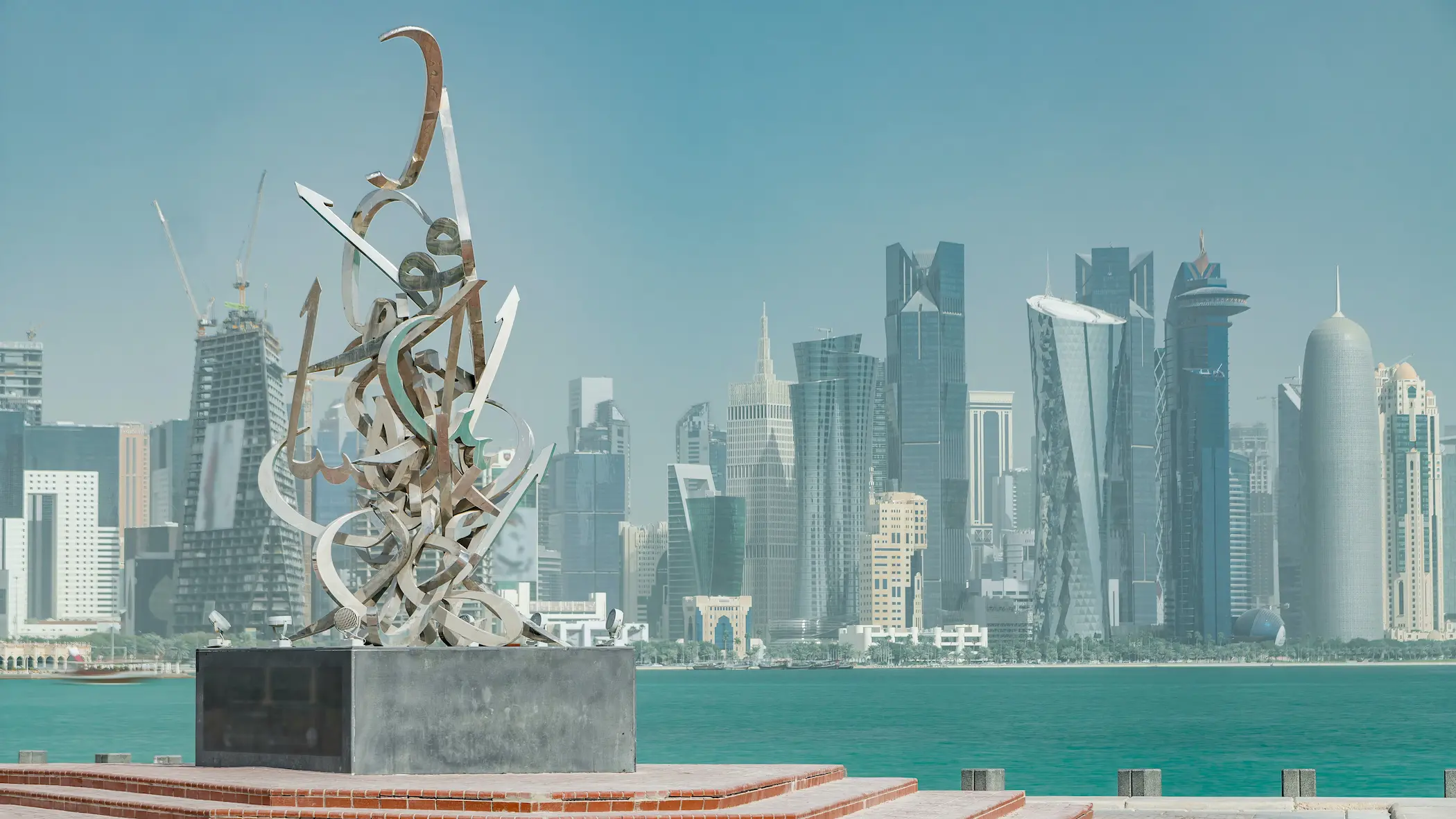

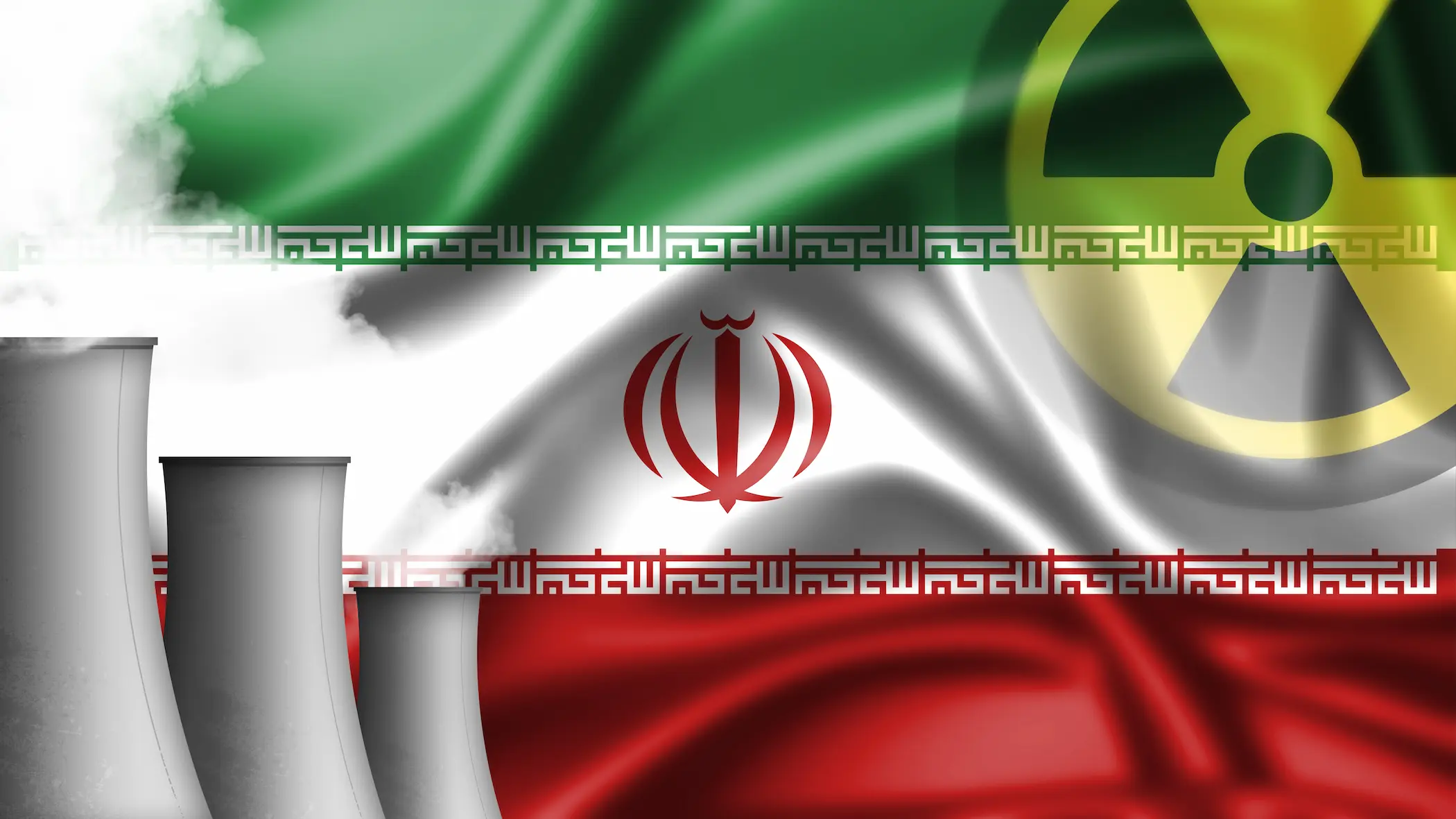
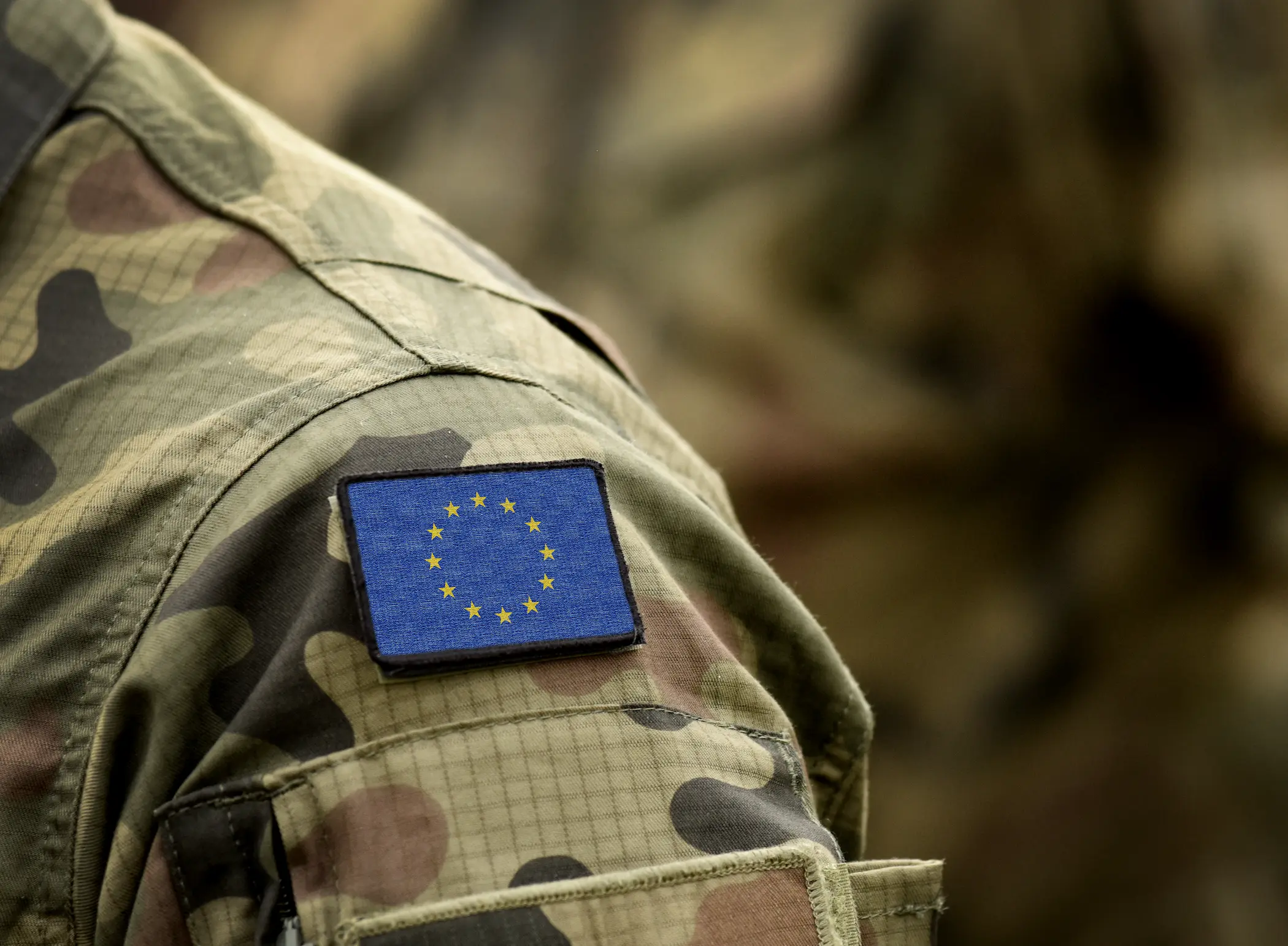
Comments